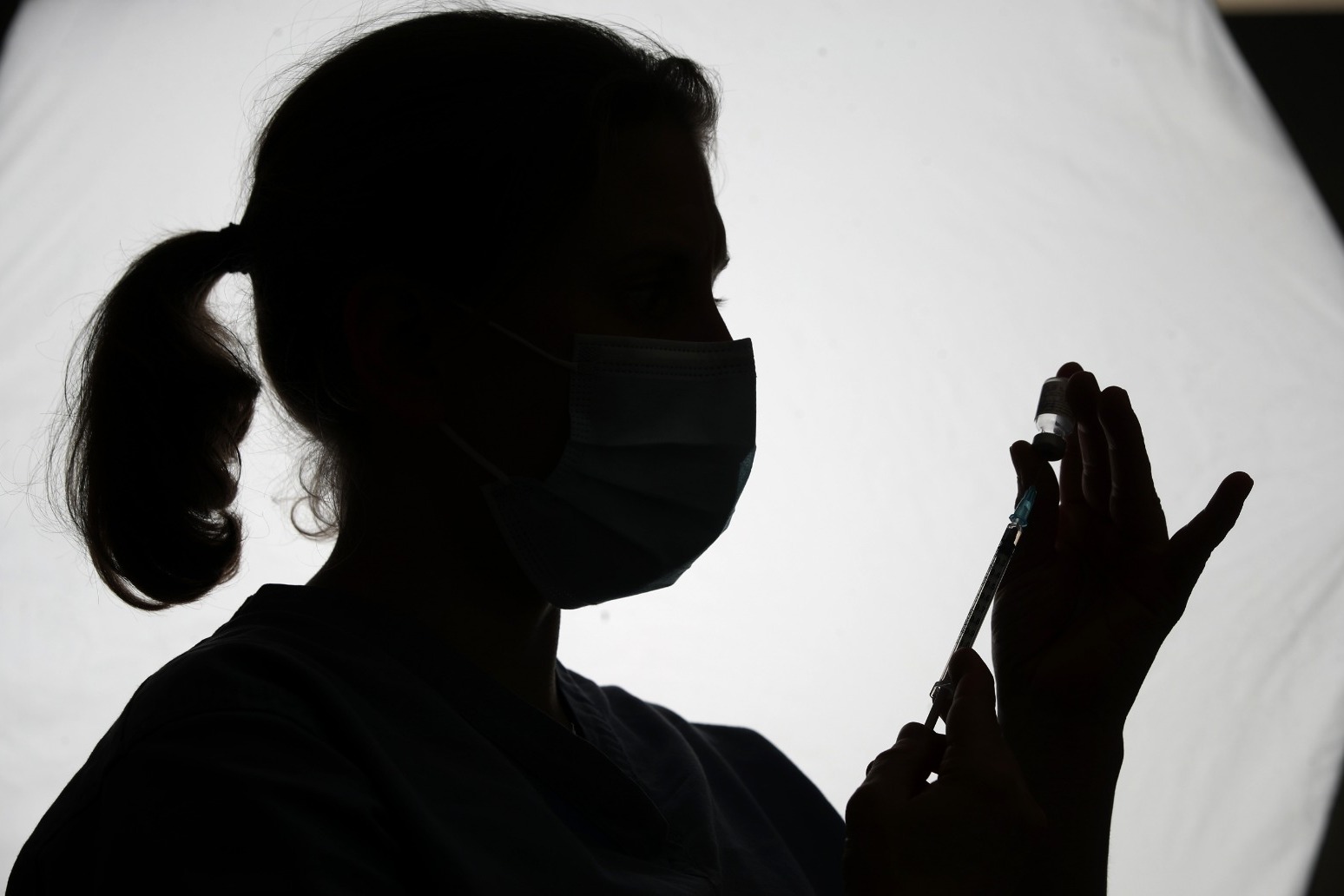
Malaria booster vaccine shows durable efficacy, study suggests
A malaria vaccine created by Oxford researchers “is really exciting” and could contribute towards drastically reducing the number of children who die from the infection, experts suggest.
A new study reports on the effectiveness of a malaria booster vaccine which shows long-lasting high efficacy in African children, meeting the World Health Organisation (WHO) specified 75% efficacy goal.
The research found that a vaccine booster dose one year after children received three doses as their primary vaccination regime maintained high efficacy against malaria.
Adrian Hill, director of the Jenner Institute and Lakshmi Mittal and Family Professor of Vaccinology, University of Oxford, said: “I think this is really exciting – people have been trying to make malaria vaccines for over a century.
“The first clinical trial was in 1940s, 140 Different malaria vaccines have been into arms to see if the world can make a vaccine that is useful against malaria.
“We think these data are the best data yet.
“And very importantly, this is a vaccine that we think can be manufactured and deployed, very widely.”
He added that the vaccine could be produced for a few dollars a dose, and together with existing measures, like mosquito nets and sprays, could help save children’s lives.
Prof Hill said: “There’s three billion dollars being spent on other interventions, but we definitely don’t want to withdraw those or malaria will go back up rapidly.
“We want to add a malaria vaccine on top of nets, on top of spraying, on top of drug preventive treatment.
“And if we can do that, and do it at a grand scale, we really could be looking at a very substantial reduction in that horrendous burden of malaria deaths and disease in the coming years – certainly by by 2030.
“That’s our goal, to make a big impact, maybe a 70% reduction in deaths, we think that could well be feasible.”
He added: “We hope that this will be deployed and available and saving lives, certainly by the end of next year.”
The WHO estimates that malaria caused over 640,000 deaths in 2020 and progress in reducing malaria mortality has stalled in recent years.
Most deaths are amongst children in Africa where very high transmission rates are found in many countries.
Researchers reported new findings from their Phase 2b trial following the administration of a booster dose of the candidate malaria vaccine, R21/Matrix-M.
It had previously demonstrated high-level efficacy of 77% against disease over the following 12 months in young west African children in 2021.
The trial was conducted at the Clinical Research Unit of Nanoro (CRUN)/Institut de Recherche en Sciences de la Sante (IRSS), Burkina Faso.
A total of 450 children aged five to 17 months were recruited from the catchment area of Nanoro, with 409 receiving the booster.
The youngsters were randomly assigned to three groups, with the first two groups receiving the R21/Matrix-M (with either a low dose or high dose) vaccine as a booster, and the third a rabies vaccine as the control group.
Each child received the same booster vaccination as their primary series of vaccinations.
Doses were administered in June 2020, largely prior to the peak malaria season.
The study reports a vaccine efficacy of 80% in the higher-dose group, and 70% in the lower dose adjuvant group, over 12 months of follow-up.
Twenty-eight days after the booster dose, antibody levels were restored to similar levels as those following the primary vaccinations .
No serious adverse events were noted in relation to the vaccine.
Halidou Tinto, Professor in Parasitology, regional director of IRSS in Nanoro, and the trial principal investigator, said: “It is fantastic to see such high efficacy again after a single booster dose of vaccine.
“We are currently part of a very large phase III trial aimed at licensing this vaccine for widespread use next year.”
Prof Hill added: “We are delighted to find that a standard four dose immunisation regime can now, for the first time, reach the high efficacy level over two years that has been an aspirational target for malaria vaccines for so many years.”
Gareth Jenkins, director of advocacy at Malaria No More UK, said: “Today’s R21 vaccine results from Oxford’s renowned Jenner Institute are another encouraging signal that, with the right support, the world could end child deaths from malaria in our lifetimes.
“But for new British inventions to achieve their potential, British leadership must continue, not least at the imminent US-hosted Global Fund to Fight Aids, Tuberculosis and Malaria replenishment conference this September.
“This will be the new PM’s first foreign policy test – for the sake of millions of children’s lives, global health security, and British relations with its closest ally, it’s a test they cannot fail.”
The findings are published in The Lancet Infectious Diseases.
Published: by Radio NewsHub